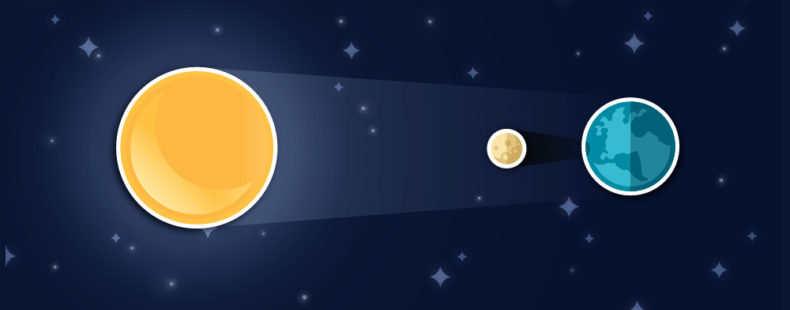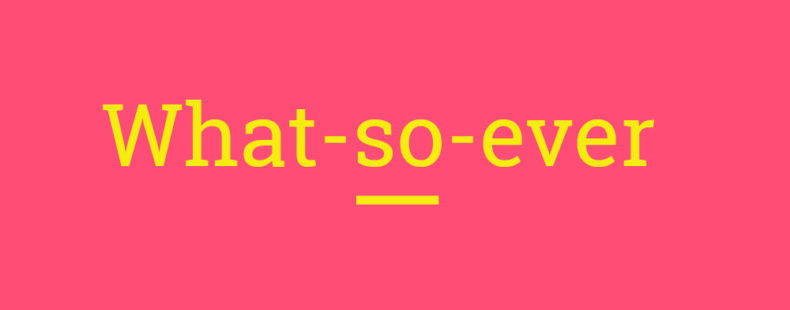Syzygy
Amazingly, very few English words contain three Ys. One of them also happens to describe a rare astronomical event involving three heavenly bodies.
A syzygy is the alignment of three celestial bodies in a straight line, commonly the Earth, the sun, and the Moon.
Now, what is the only common English word to end in -mt?


















